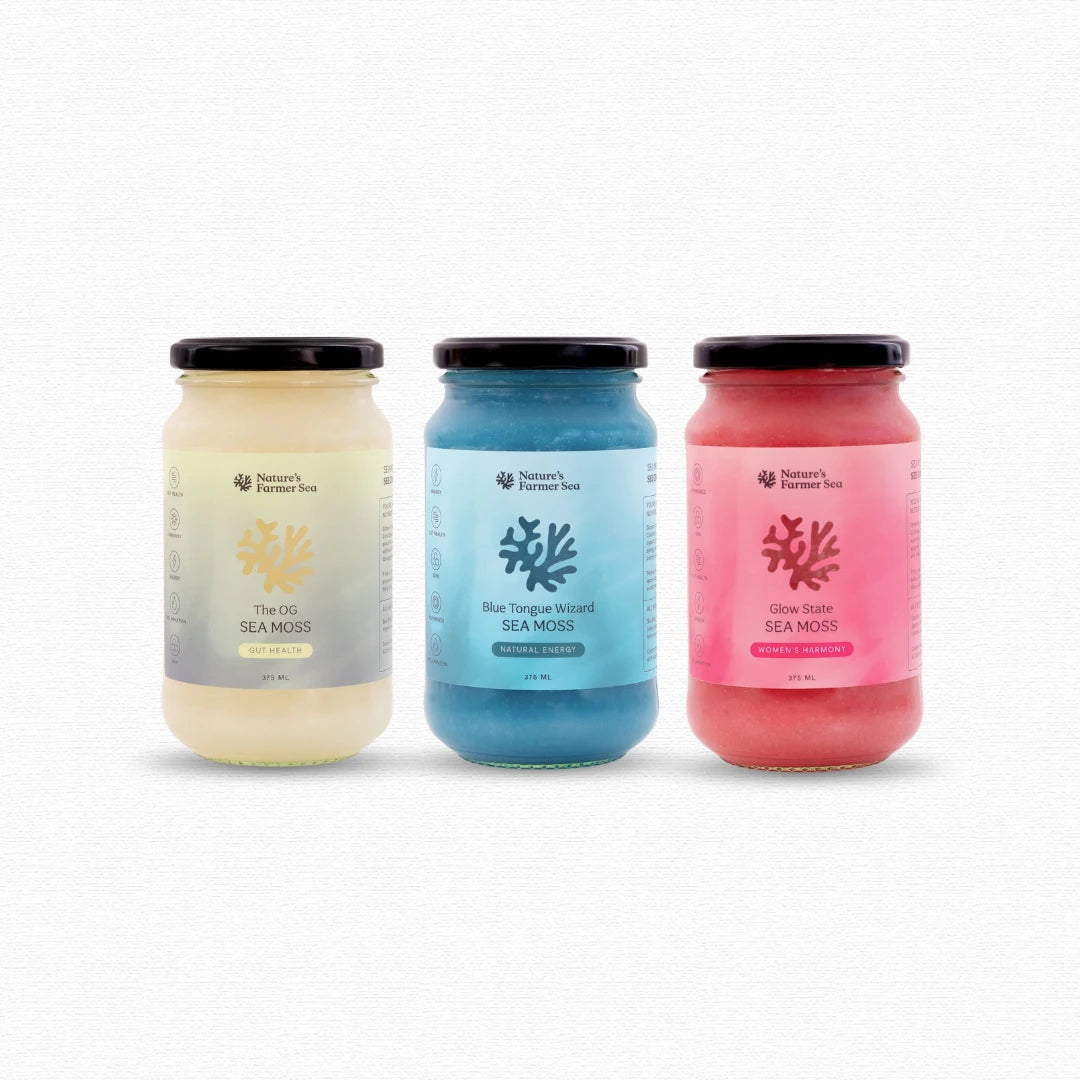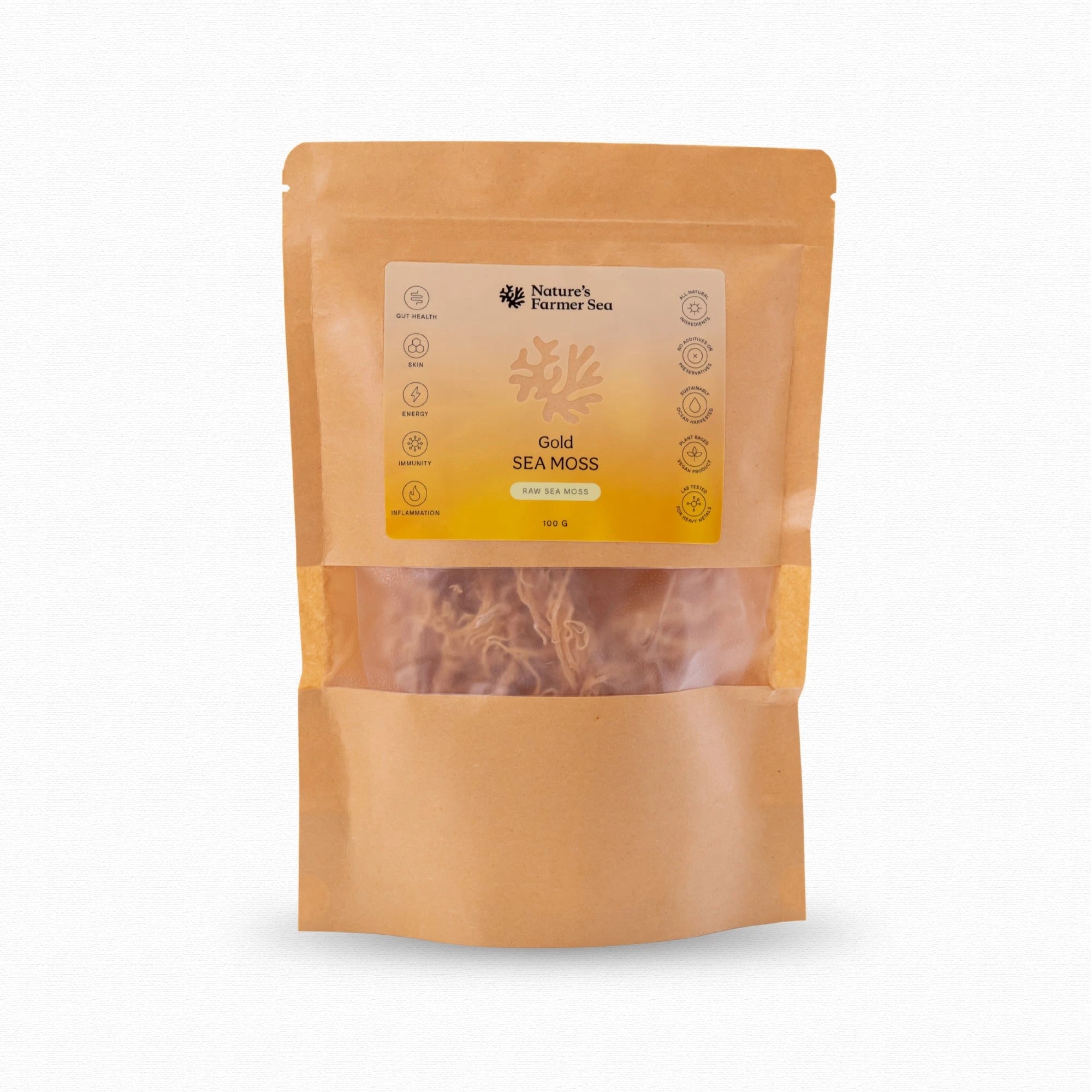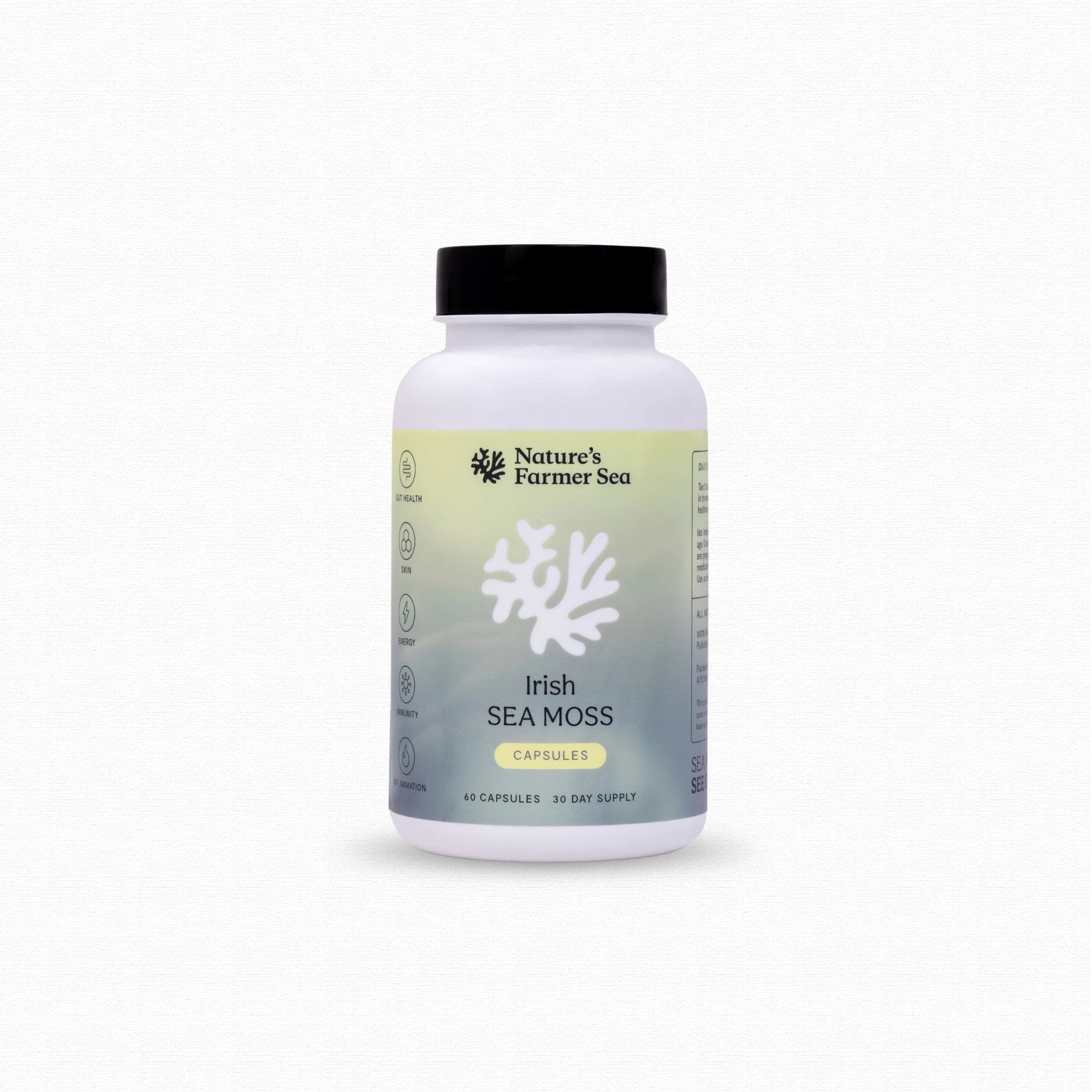Celebrating Women’s Health Day with Ultra-Marathon Runner Vanessa Angerer
For Women’s Health Day, we’re highlighting ultra-marathon runner Vanessa Angerer, whose journey in endurance sports is full of passion, grit, and lessons on balance. From discovering her love for ultra marathons to tackling the unique challenges women face in endurance sports, Vanessa’s story is both powerful and inspiring and she is one of our favourites here at Natures Farmer Sea!
What initially drew you to ultra-marathon running, and what has kept you motivated to push your limits as a woman in such a demanding sport?
I think the idea of being out amongst the trees, and wildlife, feeling the elements while running—the movement I love the most—just fit. I already really loved hiking and did this a lot with my brother, so the thought of combining the two activities (running and hiking) was really exciting. What actually got me into the racing part of it, though, was completing my first half marathon and marathon distance in the same year. I then pushed myself further by running 50km one month, 60km the next, both on the road and then another 60km a month after that as a Movember fundraiser.
At the time, I didn’t even know trail racing was a thing, but some friends in the running space suggested I try ultra trail races since I enjoyed the longer distances so much—and that's exactly what I did. After completing my first official ultra, the Noosa 80km, I knew this was what I wanted to focus on. The racing part just feeds my competitiveness, but really, I love that I get to compete in a sport I truly enjoy.
I’m so hungry and driven to run ultra distances, and this drive is constant for me. Growing up in sports like karate, which isn’t really a female-dominated sport, set the tone for me at a young age. It’s a challenge to be in a sport that’s typically seen as a man’s sport, and that honestly fired me up, even more, to go up against the boys and men and be this strong woman.
As I’ve gotten more involved in the ultra scene, I’ve come to admire big female names like Australia’s Lucy Bartholomew, Jacqui Bell and international greats like Courtney Dauwalter, Toni McCann, and Jasmin Paris—all incredible women. It’s so inspiring that some of these top athletes are mothers, wives, and full-time workers who still manage to train for ultra marathons. That truly inspires me.
How do you balance the physical demands of ultra-marathon training with other aspects of your life, particularly as a woman?
I honestly just do my best to listen to my body. When she’s tired, I sleep in and shuffle my training schedule. Before a long run, I always fuel up; during the run, I fuel the whole time; and after any run, I refuel properly. I know my cycle well, and I make sure to align my training to match where I’m at in my cycle. I’m kind to myself when my hormones just aren’t playing ball that day or week.
I made a conscious effort to see a naturopath to better understand my body and why it reacts the way it does as an endurance athlete. That really put into perspective how much care I needed to give myself. Sometimes, we get caught up in the training, work, and energy output, but it’s absolutely essential to return all that energy back into the body with proper nutrients and recovery. Simple things like getting enough sleep, drinking water and eating the right foods (like Sea Moss!) make such a difference. I’ve been including Nature’s Farmer Sea Sea Moss for the last year and it’s become a staple part of my nutrition that I now can’t see myself not having. Having a naturally derived source of nutrients that helps me in a variety of ways in my recovery, reducing inflammation and improving both my energy output and energy return when recovering.
What unique challenges have you faced as a female ultra-marathon runner, and how have you overcome them?
I wouldn’t say this is unique anymore, but burnout. We’re seeing it more and more these days, but for me, it was something that really knocked me around. It forced me to wise up and stop burning the candle at both ends. I was so used to doing it all—working a 9-to-5 job (with overtime), training for hours and hours each week, keeping a vibrant social life—all on barely any sleep or proper fueling.
Once I learnt how badly I was impacting my body by living such a high-energy lifestyle, I had to stop overloading, under-fuelling and under-recovering.
If I had to point to something specific to being a woman in this sport, it’d be loneliness. It’s probably lonelier than you’d expect. I’ve chosen to run really long distances, so my training was always different from everyone else’s. I could train with the guys, but they’d always be doing shorter runs, so I’d finish solo—or I’d just have to train alone altogether. There was only one other woman I could train with because we both did 100-160 km races, but our schedules never lined up. So, I’d end up doing 10-hour-plus weeks of running and strength training alone.
In your experience, how does running impact your mental and emotional well-being, and what advice would you give to other women looking to use fitness for their overall health?
Running has definitely been a calming space for me. I found my first real love for it and the strength it gave me back in high school. I wasn’t the most athletic, and I got bullied for it, but I felt strong every time I gave cross-country a go because it felt safe to me. Later, when I was rehabbing my ACL, running felt great—it was something I could manage and see progress in when I stuck to the training plan.
I think running, or any form of movement, is really good for mental health. But my advice would be not to let sport or physical activity be the only thing you do for your mental health. It’s important to have other outlets, whether that’s creative hobbies, reading, journaling, or spending time in Nature.
What happens if something unexpected stops you from doing that one thing for a while? Where’s your outlet? I’ve had times in my life when I couldn’t train the way I wanted to, and I turned to things like drawing, painting, reading and playing video games (I grew up gaming with my brothers, so it’s really comforting for me). My point is, have more than one outlet because things can change quickly, and if they do, you’ll need something else to lean on.
What role does community and support play in your running journey, and how important is it for women in endurance sports?
Community is everything. I think we’ve seen some big shifts in women’s sports (with more to come), and community is so important in helping us face the challenges that come with being women in sport. We’ve got our hormones, emotions, monthly cycles, and so on; only other women fully understand all that. So, we hype each other up, band together and are empowered by what other women are doing.




